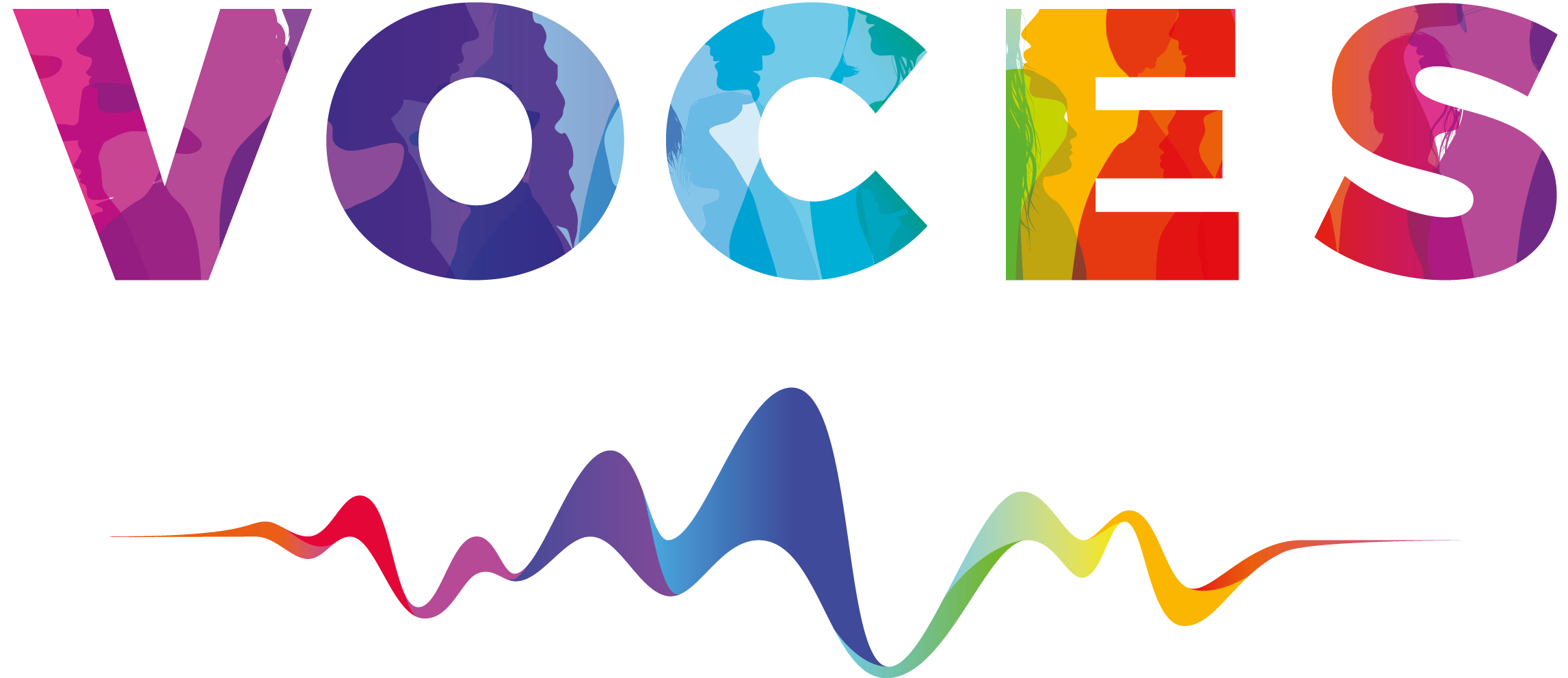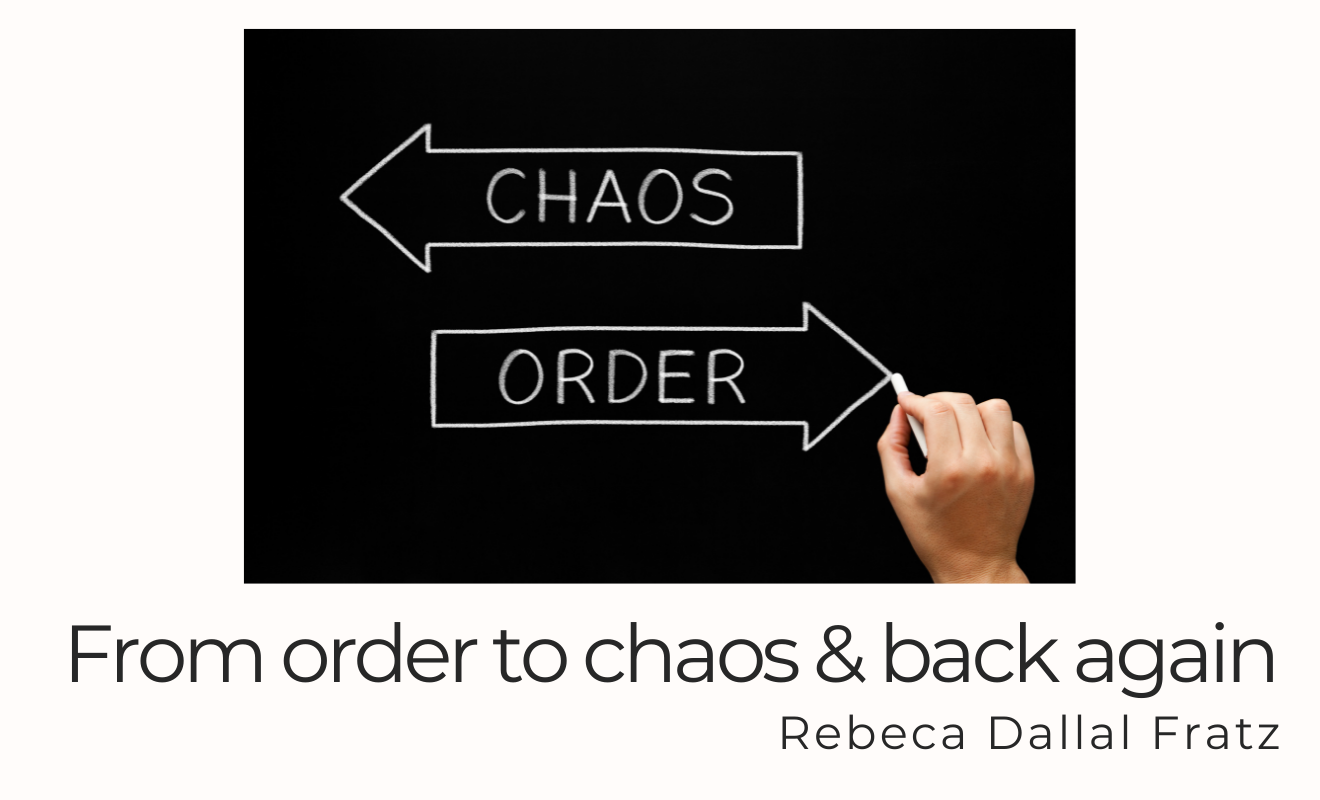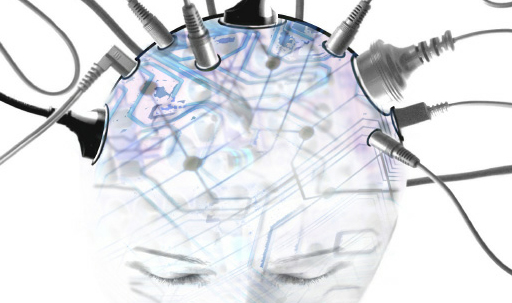Humans are creatures of habit and routine. It takes us around 20 years to develop our adult personalities, meanwhile, we’re also developing the behaviors and habits that will stay with us for a lifetime.
We regulate our days by routine and time, welding actions and expectations to the clock. When we ignore the clock, if only for a brief period of time, it can be liberating. But after a while, we may become anxious or disoriented, needing to return to a timetable, scheduled activities and daily routine.
It all stars at the very beginning of life, the job of a young child is to make the world sensible, to construct or discover the properties, patterns, relationships that exist in the material world of people and things that surround it and to figure out where he or she might fit in. This makes the child fit in, provides safety, and gives a sense of belonging.
On a broader and more physical scale, order should do more than contribute to aesthetic harmony, it also serves other functions. As we assign a place for each thing, we feel in control of the material world in which we carry out our lives (home, work, school), it should make daily activities more efficient and fluent, and it reduces the stress and frustration that can be caused by losing things and spending precious time looking for them. Being organized saves a lot of stress and provides a sense of success, especially right after achieving organized tasks and avoiding mishaps.
Structure in time impacts how we feel, predictable routines (ours and the ones of those who are close to us) provide security and daily rhythms are clear indicators that everything is all right, going as expected. When people come and go on schedule, things happen on time (sunrise and sunset, breakfast, lunch, dinner, school, church bells, buses, trains, airplanes, etc.), we relax knowing that our world is in order.
When COVID-19 showed up in our lives it turned everything upside down, creating world-wide chaos. The first thing that happened was it caused uncertainty for everyone in this planet. Then, the whole world went quiet when confinement began. As we all stayed home, we searched for new patterns and order, we re-arranged our space to accommodate our office and school areas and we created new schedules. That, at least, gave us order and a certain degree of certainty to hang on to.
What passes as orderly, varies from person to person. “Order is not measurable, rather it’s an approach to life. Everyone of us views the world from o
ur own individual standpoint,” said interior designer Rita Pohle.

Order eases and enriches life, and order on the outside means order in the inside. But when chaos prevails and reaches far and wide it can be stressful. If chaos goes on for a long period of time it starts affecting emotional and physical health, wreaking havoc in peoples’ lives.
The more we do something over and over again, the more likely that behavior will be turned into a habit. When people have healthy habits, while maintaining a certain degree of flexibility, it most surely reflects emotional and physical health and will speak of a balanced, mature, and productive person.
But what happens in the mystical world of our brain when the whole world is affected in such a broad way as the COVID-19 Pandemic has? Is your behavior under stress predictable? Rational? Understandable? The answers may be unsettling.
When under stress, we become slaves of our habits and order because they provide certainty and relief. But we can easily begin adopting unhealthy, obsessive behavior which can become a habit as we do it day after day. Confinement and the uncertainty of how the Pandemic will evolve as well as the risk this poses for our health and life have made us live under great stress for almost two years, a truly long period of time, so we might have overdone it with controlling habits and obsessive behaviors… it may be time to think over how much we have tried to compensate these extraordinary conditions and consciously review the habits and routines we have implemented to strive hardship.
Maybe we should relax a bit, stop operating in automatic “end of the World” mode and consciously create a post-Pandemic way of life.
Let’s go back to seeking what we enjoy, what motivates us, what makes our hearts skip a beat and what makes us sigh…
Medium: https://medium.com/@rebecadallal
LinkedIn: http://mx.linkedin.com/in/rebecadallal/
Twitter: https://twitter.com/rebecadallal
Facebook: https://www.facebook.com/rebecadallal
Facebook Voces: https://www.facebook.com/vocesenelmundo







